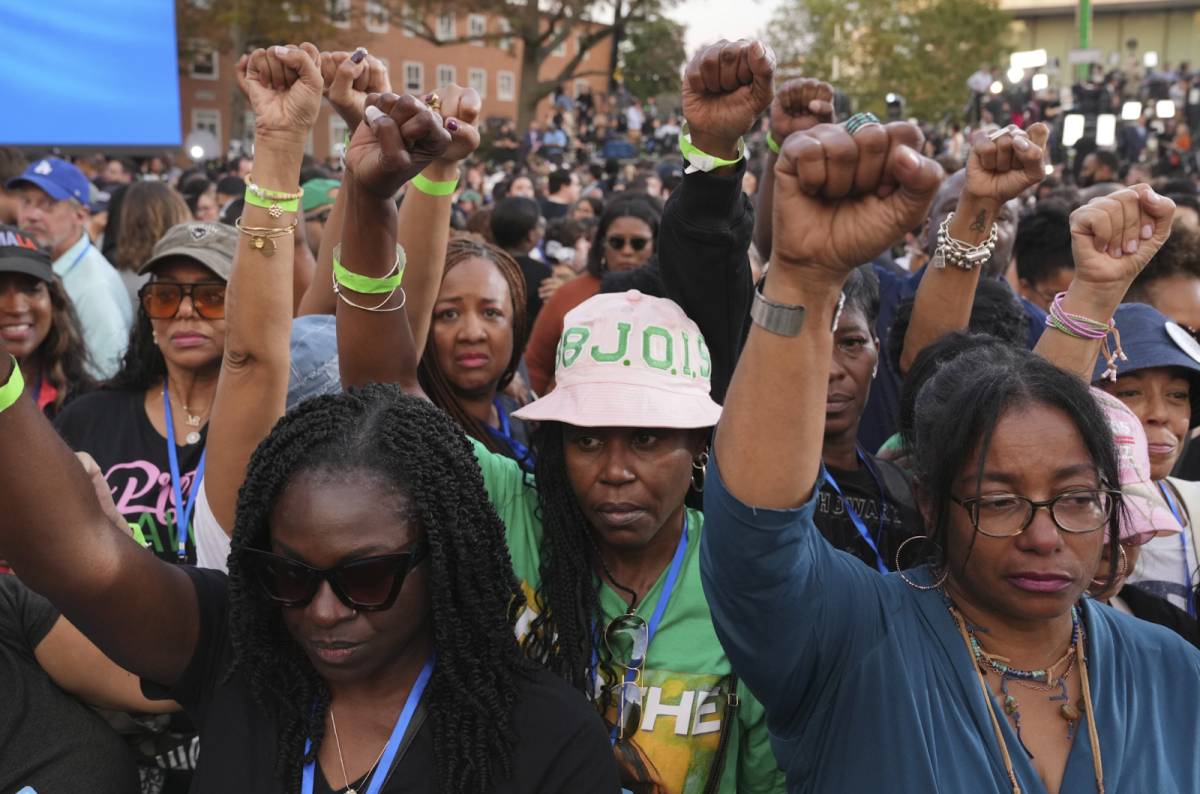Most college age students of 18 years or older are perplexed with the Civil War, so for the majority, I write. However, despite my sarcasm, this is important. One of the greatest events in history is the American Civil War, known by many as “The War in the States,” or “The War of Northern Aggression.” Riddled with stereotypes and fallacies, the five-year conflict often lives under a false umbrella. And while I do not have the time to highlight all of the inconsistencies with what most of us think of the Civil War, I can do my best to help somebody understand a little bit of it.
For most of the duration of the War, Lincoln’s North was on the offensive. However, it seemed bleak for the Union. A couple of men were infamous for wreaking havoc on Union forces time and time again. These men were none other than Thomas “Stonewall” Jackson, and Robert Edward Lee. These two racked up countless victories in what seemed as an effort to bleed the much larger Union Army to death. As a vastly outnumbered force, the Confederates seemed terrifyingly more skilled than the Union each day and the unity of the country was evermore threatened.
On May 2, 1863 everything changed, however. Stonewall Jackson was hit three times by accidental friendly fire in the Battle of Chancellorsville. A great Confederate victory was soon overshadowed by an even greater loss. Eight days later, Jackson passed away. Lee was left without his companion as he marched on to Gettysburg. Alongside Longstreet this time, instead of the Stonewall, Lee was faced with embarking on one of the first-ever Confederate offensives, and certainly the largest. To Pennsylvania, he continued.
On the eve of the battle it was presumed that the typical ratio of a twice as large Union force was upon the modest Confederacy. The Union held the high ground and in a decisive victory on Cemetery Ridge they were able to push back on the Confederates a significant amount. Lee was faced with a crucial decision, and decided he would lead a charge to collapse the massive Northern Artillery.
However, the much more conservative General Longstreet would express himself as extremely reluctant to do so. General Meade of the Union was holding a strong front and sustaining the high ground very efficiently. Even with his reluctance, nobody ever questioned Robert E. Lee, so Longstreet carried out the march. On the opposite side of the Confederate Line, Lee ordered the Charismatic Maj. General George Pickett to make his own charge which was sure to succeed. Known effectively as “Pickett’s Charge.” With these two offensives, Lee was sure he would bring his rebels to victory once again. While Longstreet’s march took much more time and methodical planning, Pickett immediately ran up the hill with his regiment belting the infamous Rebel Yell. With his hat on his sword, symbolizing inevitable victory, Pickett inadvertently led his men down a gully and straight into the teeth of the mighty, massive, and hot Union artillery. The charge was crushed. Every man except for Pickett was slaughtered. His regiment was terminated. On the other side of the field, Longstreet limped to his objective. Not as defeated as Pickett, but defeated nonetheless. Behind it all, observed the anxious hero of the South. Unaware of Pickett’s catastrophe, Lee held onto what hope he thought was left.
The importance of Gettysburg is that not only was it the bloodiest battle in the War, it was one of the first defensives for the Union. Had the Confederacy won the battle, Great Britain would have acknowledged them as a legitimate entity, giving them an upper hand that would prove to be fatal for the unification of America.
The tides had turned. Everything to this point was pivoting from Confederate favor to Union. Lee knew it. And for this he began to cry. Exclaiming to his men, that the inevitable loss at Gettysburg was all his fault. His men would not blame him. Not for all the fortune in the world. Perhaps there is a multitude of factors that turned the war for Lee. In my opinion, however, it was just before the end of the battle, where the picture of defeat was so vivid for the General. In the hours following Pickett’s charge, Lee saw a man in the fog limping towards him. It was Pickett himself. Lee immediately ordered,
“General Pickett, gather your regiment at this moment!” Picket looked up at Lee, battered and bloody from the hell of war and uttered the quote that would spell the end for the Confederacy forever.
“General Lee sir… I have no regiment.”















TD • Nov 17, 2018 at 8:32 pm
Followed by Grant at Vicksburg, the Confederacy was split in two and had to return to defense only. —